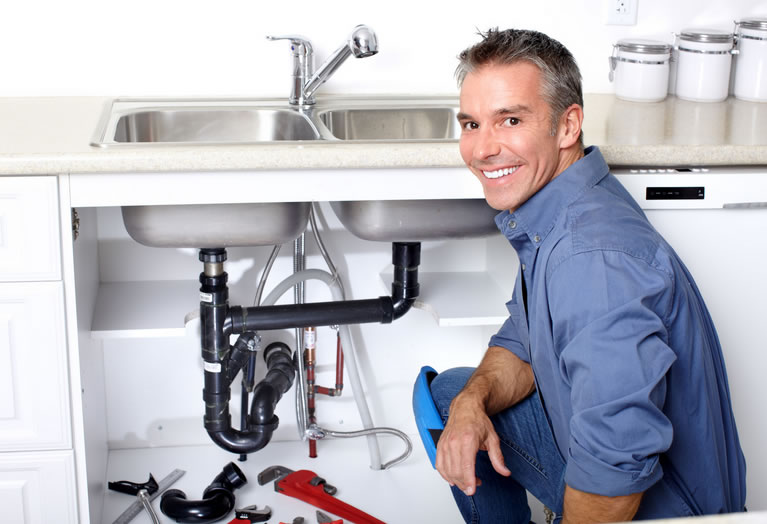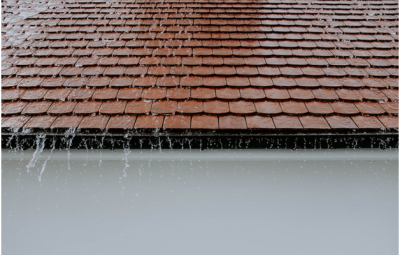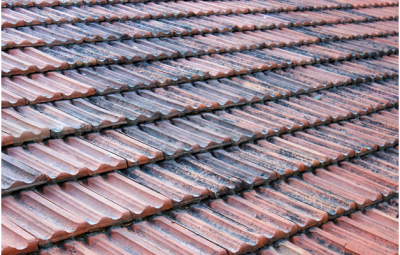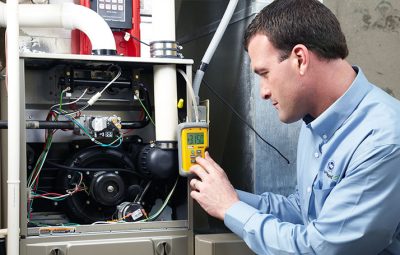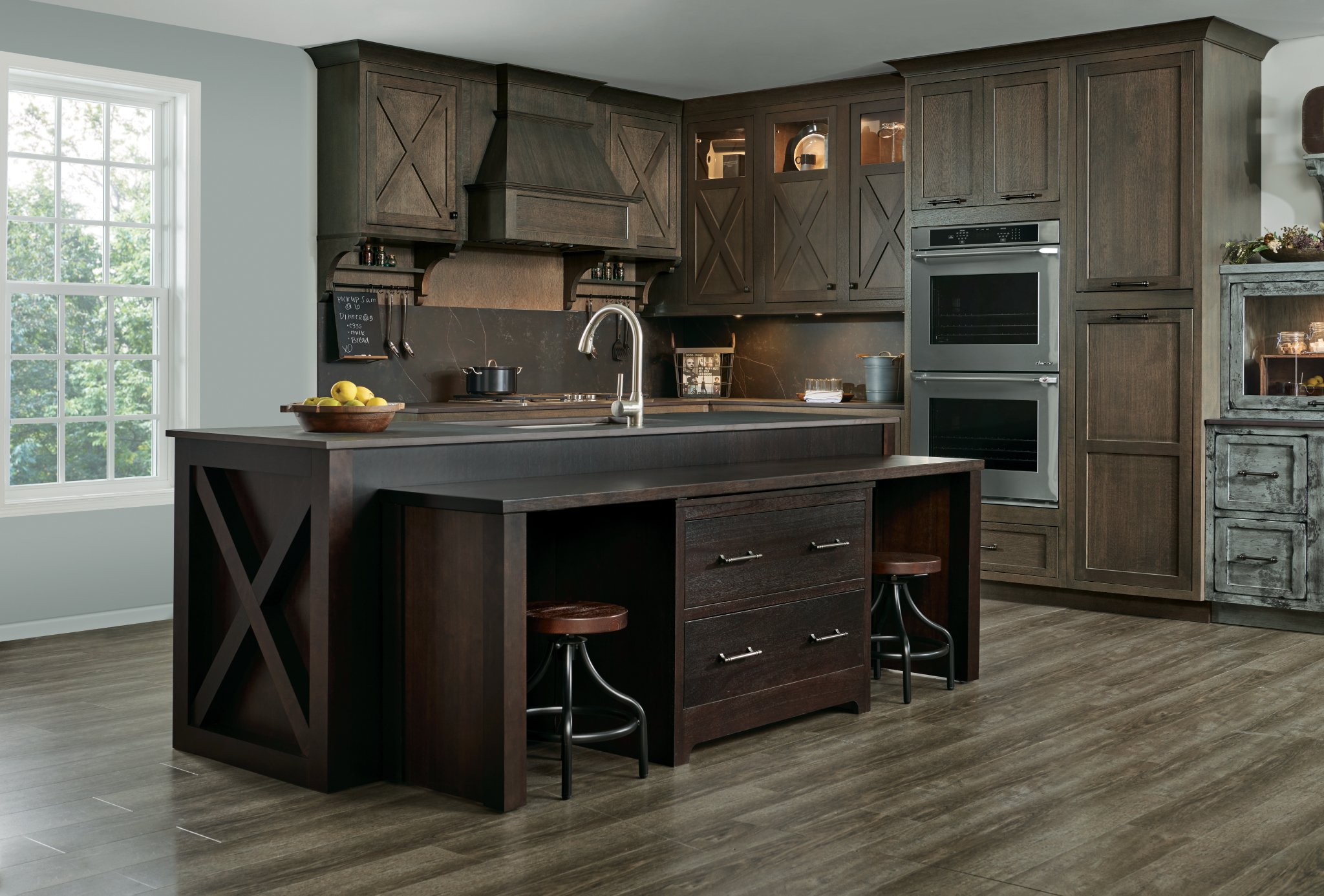A plumber installs and repairs pipes and fixtures that transport water, gas or other fluids in homes and businesses. They also repair clogged drains and malfunctioning septic systems.
Plumbers typically receive their training through an apprenticeship program that combines classroom instruction with paid on-the-job training. They may take courses in pipe system design, safety and tool use.
Job Duties
Plumbers assemble, install and repair fixtures and pipes that carry liquids and gases to and from homes, businesses and factories. Their duties include reading blueprints, following building codes and meeting deadlines.
A plumbing job also requires an advanced understanding of water supply, heating and ventilation systems, as well as critical thinking and troubleshooting skills. As a result, this career is very difficult to break into and requires specialized training and years of experience.
Most plumbers learn their trade through an apprenticeship, though some attend technical schools to acquire additional qualifications. They typically work full-time, and evenings and weekends are common. In addition, they need to be available for emergency call-outs.
Education and Training Requirements
There are several ways to get the training needed to become a plumber. One way is through an apprenticeship, which usually lasts 4 – 5 years and combines classroom learning with on-the-job training.
Another option is through a trade school or community college program. These programs are often offered by local unions and construction firms, and can be a great way to start your career.
In the classroom, you will learn about the basics of plumbing, including how to read blueprints and industry codes. You will also learn about safety and tool use.
You can also attend a technical school or vocational college to obtain a certificate in plumbing. This is a good alternative to an apprenticeship and can give you the skills needed to succeed in your plumbing job. These courses typically cover pipe system design, OSHA safety, state codes and math. Some may even provide welding training. This will help you stand out from other plumbers, and it can make you more attractive to employers.
Work Environment
A plumbing job is a physically demanding one that requires good motor skills and flexibility. It also requires good vision, as plumbers often work in dark spaces with small tools.
Most plumbers learn their trade through an apprenticeship, which includes 2,000 hours of paid on-the-job training and classroom instruction. These programs are sponsored by trade unions and businesses.
During the four to five years of an apprenticeship, apprentices receive training on local plumbing codes and regulations, blueprint reading, safety, and other important skills. They also study physics, math, and technology subjects.
They may be employed by a company that specializes in installing new plumbing or repairing existing pipes. Some work as independent contractors and set their own schedules. Depending on the type of job they do, they might need to be available for evening and weekend work.
Job Outlook
Plumbing jobs are some of the fastest-growing in the United States. They are predicted to grow 21% from 2012-2022, which is far outpacing the national average.
Plumbers are responsible for keeping water, waste and other fluids moving smoothly and safely throughout the country’s buildings, homes and businesses. This work can be both satisfying and rewarding.
They use a variety of tools and techniques to cut, bend, thread and join pipes. They also inspect and repair clogged drains, install plumbing fixtures and maintain or repair water and sewage systems. They are also involved in building renovations and new construction projects.


